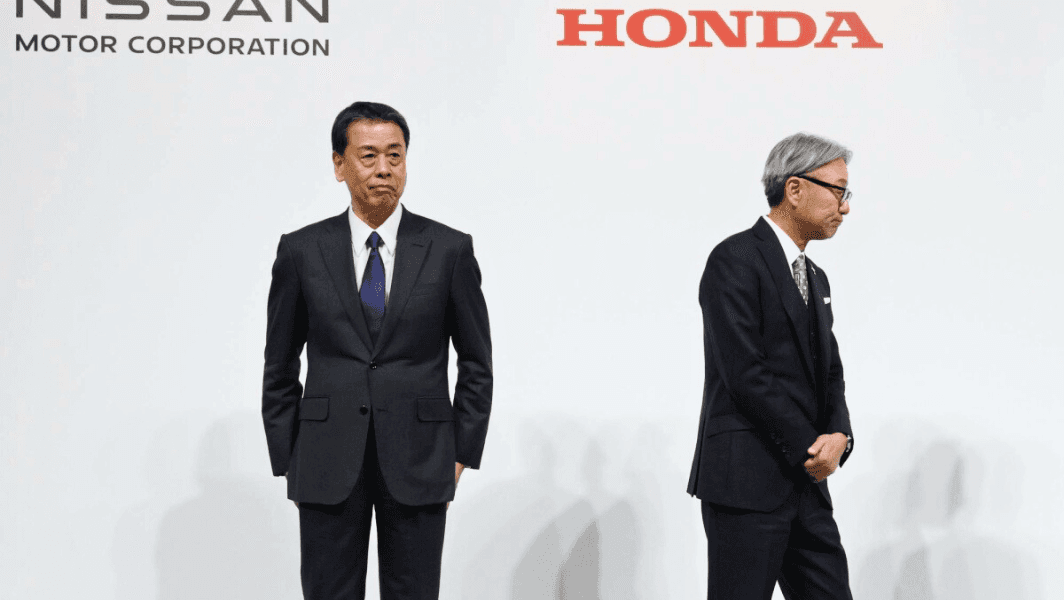
Honda-Nissan Merger Collapses: A Multi-Billion Dollar Deal Falls Apart
Failed Talks Leave Nissan Facing Uncertainty in the Global Auto Market
The highly anticipated Honda-Nissan merger, which aimed to form a $60 billion automotive giant, has failed after the two companies could not agree on key terms. The deal, which also involved Mitsubishi, was meant to counter the rise of Chinese electric vehicle (EV) manufacturers.
Why Did the Merger Fail?
Despite Honda’s strong global position, Nissan’s financial instability made the deal risky. The main points of disagreement included:
-
Nissan’s Role: Whether it would be an equal partner or a subsidiary.
-
Leadership Conflicts: Issues surrounding decision-making authority.
-
Financial Troubles: Nissan’s declining sales and leadership crisis raised concerns.
Nissan’s Ongoing Struggles
Once Japan’s second-largest car manufacturer, Nissan has suffered since the 2018 arrest of former CEO Carlos Ghosn, who fled Japan following financial misconduct allegations. The company has implemented cost-cutting measures, including:
-
Laying off 9,000 employees.
-
Reducing executive salaries.
-
Struggling to increase sales and market confidence.
Honda’s Future Strategy
Unlike Nissan, Honda continues to thrive internationally. CEO Toshihiro Mibe made it clear that any merger would only proceed if Nissan successfully restructured. Following the failed deal, Honda is expected to focus on electric vehicle innovation and independent market expansion.
Industry Challenges and Competitor Pressure
Both companies face increased competition from Chinese automakers like BYD, which dominates the electric vehicle sector. Additionally, potential U.S. tariffs on imported vehicles add financial uncertainty to the Japanese auto industry.
Renault, Foxconn, and Nissan’s Uncertain Future
With no Honda merger in sight, Nissan might seek alternative partnerships. Taiwan’s Foxconn has expressed interest in acquiring Nissan shares, while Renault—Nissan’s long-time partner—called the failed deal “unacceptable”.
What Lies Ahead?
Without Honda’s backing, Nissan must now restructure internally, innovate in electric vehicles, and attract new investors to stay competitive in the evolving automotive industry.
For any enquiries or information, contact info@thelawreporters.com or call us on +971 52 644 3004. Follow The Law Reporters on WhatsApp Channels